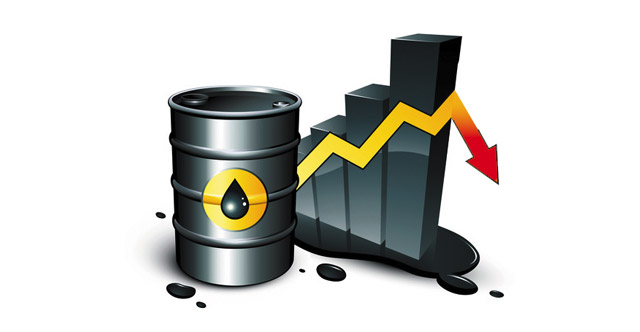OPEC oil output has risen in June by 280,000 barrels per day (bpd) to a 2017 high thanks to increased production from Nigeria and Libya, National Daily has gathered.
Nigerian output is expected to rise further in coming weeks. Planned exports in August are scheduled to reach at least 2 million bpd, a 17-month high.
In Libya, output was on average higher despite fluctuation and has now exceeded 1 million bpd, a four-year high. Production remains some way short of the 1.6 million bpd Libya pumped before the 2011 civil war.
Saudi Arabia pumped 40,000 bpd more, the survey found, although its compliance remained above 100 percent. Even with June’s increase, the curb achieved by OPEC’s top producer is 564,000 bpd, well above the target cut of 486,000 bpd.
Aside from a rise in Angolan exports, no other significant change in output occurred elsewhere in OPEC.
OPEC announced a production target of 32.5 million bpd last year, which was based on low figures for Libya and Nigeria. The target includes Indonesia, which has since left, and does not include Equatorial Guinea, the latest country to join OPEC.
The Libyan and Nigerian increases mean OPEC output in June averaged 32.57 million bpd, about 820,000 bpd above its supply target, adjusted to remove Indonesia and not including Equatorial Guinea.
ALSO SEE: Oil pipeline vandalism down by 12.8%
Equatorial Guinea, which became an OPEC member in late May, has now been added to the Reuters survey. The country’s crude production is estimated at 150,000 bpd, which brings total OPEC production in June to 32.72 million bpd.
As part of a deal with Russia and other non-members, the Organization of the Petroleum Exporting Countries originally pledged to reduce output by about 1.2 million bpd for six months from Jan. 1.
Oil prices have gained some ground but high stocks and rising U.S. output kept them in check. To provide additional support for prices, the producers decided in May to prolong the deal until March 2018.
June’s biggest rise came from Nigeria, where output extended a recovery after being curtailed by militant attacks on oil installations. The second-biggest was from Libya.

 Entertainment5 days ago
Entertainment5 days ago
 Health1 week ago
Health1 week ago
 Health4 days ago
Health4 days ago
 Football1 week ago
Football1 week ago
 Football1 week ago
Football1 week ago
 Crime4 days ago
Crime4 days ago
 Education6 days ago
Education6 days ago
 Crime1 week ago
Crime1 week ago






